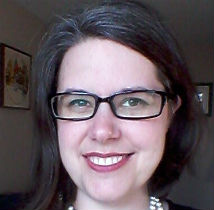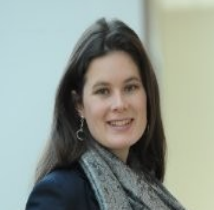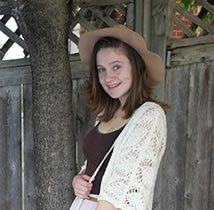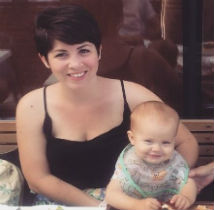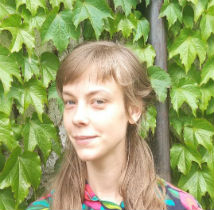Past Members
Adam Cheeseman
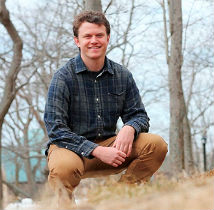
Master of Environmental Studies
|                                                                                                                |
Shauna Doll
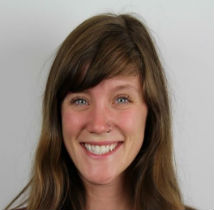
Master of Resource and Environmental Management
|                                                                                                                |
Heather Elliot
Master of Environmental Studies
|                                                                                                                |
Megan Haley
Honours Environment, Sustainability
& Society and Environmental Science
|                                                                                                                |
Emily Lannigan
Honours in Environmental Science
|                                                                                                                |
Lauri Lidstone
Master of Environmetal Studies
|                                                                                                                |
Bethany Mcmorine
Double Major in Dance and Environmental Studies
|                                                                                                                |
Rebecca McNeil
Master of Environmental Studies
|                                                                                                                |
Kerri McPherson
Master of Environemtal Studies
|                                                                                                                |
Hope Moon

Honours in Environmental Science
and Contemporary Studies
|                                                                                                                |
Nazanin Omnivar
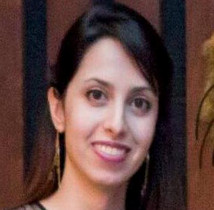
Master of Environmental Studies
|                                                                                                                |
Anika Riopel

Honours Environment Sustainability and Society
|                                                                                                                |
Elizabeth Spence
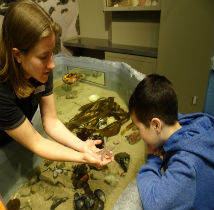
(Co-Supervisor) Master of Environmental Studies
|                                                                                                                |
Paul Sylvestre
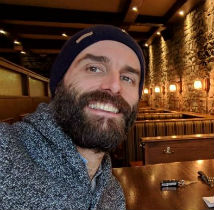
Master of Environmental Studies
|                                                                                                                |
Jennifer Yakamovich
Master of Environmental Studies

